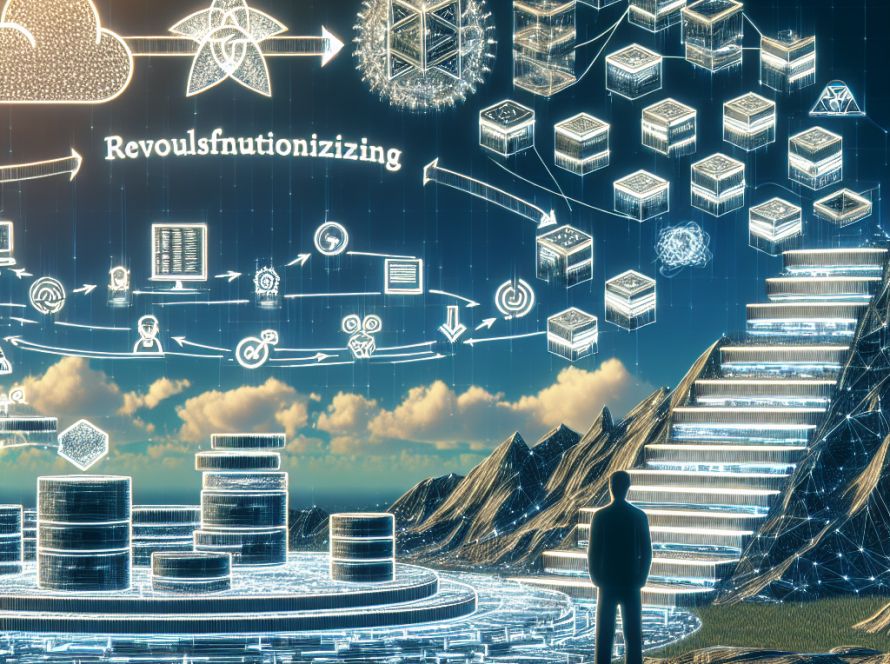Artificial intelligence (AI) is growing at a rapid pace, giving rise to a branch known as AI agents. These are sophisticated systems capable of executing tasks autonomously within specific environments, using machine learning and advanced algorithms to interact, learn, and adapt. The burgeoning infrastructure supporting AI agents involves several notable projects and trends that are revolutionizing this domain.
AI agents operate on a sensing, thinking, and acting model. Their basic operational structure enables them to perform various tasks, from simple automation to complex decision-making. Driven by demand for scalable and reliable systems, AI agent infrastructure development is rapidly evolving, providing better frameworks and platforms to enhance capabilities.
There are several innovative projects exemplifying AI agents’ potential:
1. SWE-Agent, created by Princeton University researchers, transforms large models into software engineering agents capable of resolving issues in real GitHub repositories, using an Agent-Computer Interface (ACI).
2. OpenDevin, an open-source project, plans to design an autonomous AI software engineer to manage intricate engineering tasks and collaborate with users, thus democratizing software development.
3. BabyAGI, a Python-based AI-powered task management system, utilizes OpenAI and vector databases to create, prioritize, and execute tasks, demonstrating efficient management of changing objectives.
4. AutoGPT can autonomously handle minor tasks such as summarizing research papers or creating blog posts, showing its versatility and potential to enhance productivity.
5. LaVague develops AI web agents for performing complex tasks online. It uses a World Model and an Action Engine, highlighting AI’s potential in web-based automation.
The future of AI agents is shaped by several trends such as increased autonomy, specialization in specific domains like software development or marketing, no-code or low-code solutions to democratize AI, and fostering an open-source ecosystem for faster innovation and development.
Despite substantial progress, AI agents face challenges like transparency in decision-making, addressing ethical issues, and physical system integration. Future research should focus on improving long-term planning capabilities and developing explainable AI techniques to increase trust and user acceptance. Additionally, robust infrastructure development for AI agents, with tools for managing authentication, memory, and browser interactions, is crucial.
In conclusion, AI agent infrastructure development is set to transform industries by automating complex tasks and boosting productivity. With ongoing advancements in specialized frameworks, open-source projects, and innovative solutions, AI agent technology is expected to significantly shape the future.


